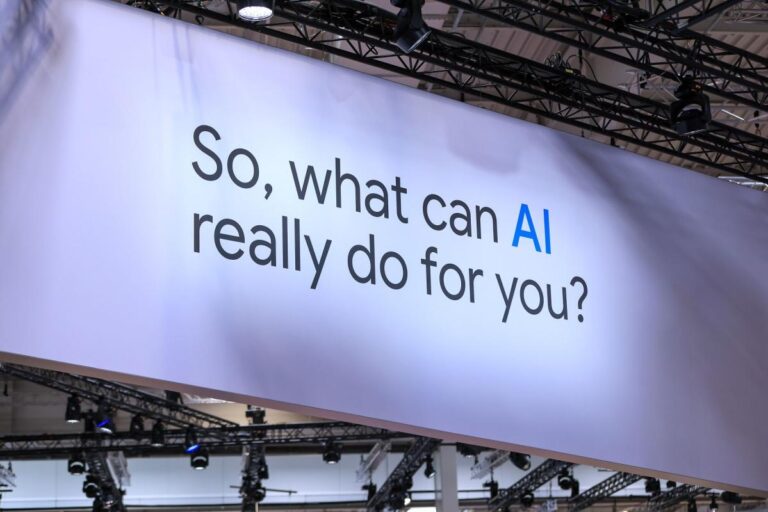(Bloomberg) — Google is working on artificial intelligence software that resembles the human ability to reason, similar to OpenAI’s o1, marking a new front in the rivalry between the tech giant and the fast-growing startup.
Most read on Bloomberg
In recent months, several teams at Alphabet Inc.’s Google have made progress on AI reasoning software, according to people with knowledge of the matter, who asked not to be identified because the information is private. These software programs are better at solving multi-step problems in fields such as mathematics and computer programming.
AI researchers study models of reasoning as they search for the next significant technological breakthrough. Like OpenAI, Google is trying to approximate human reasoning using a technique known as chain-of-thought prompting, according to two of the people. In this technique, developed by Google, the software pauses for a few seconds before responding to a written prompt while, behind the scenes and invisible to the user, it considers a number of associated prompts and then summarizes what seems to be the best answer. .
Google declined to comment on these efforts.
Google and OpenAI have been engaged in an intense battle for AI dominance, especially since the release of OpenAI’s ChatGPT, a popular chatbot that some investors fear could ultimately make Google search useless. Google has taken various steps to regain its lead, including merging its core research labs to form the Google DeepMind unit and strengthening relationships between researchers and product teams. Yet the search giant continues to move more slowly when it comes to launching AI products, pausing to consider ethical issues, the need to live up to public expectations of trust in its brand and the competing interests of multiple similar efforts across the vast organization. .
Since OpenAI unveiled its o1 model, known internally as Strawberry, in mid-September, some at DeepMind have expressed concern that the company has fallen behind schedule, according to another person with knowledge of the matter. But employees aren’t as worried as they were after ChatGPT launched, now that Google has launched some of its own work, the person said.
Despite the slower pace of rolling out Google products, Google remains a formidable player, said Oren Etzioni, a veteran AI researcher who founded TrueMedia.org, a nonprofit dedicated to combating political misinformation.
“Technically, Google’s capabilities have always been top-notch. They were just more conservative in implementing things,” Etzioni said. “It’s a marathon, and it’s a race for everyone to win.”
In July, Google introduced AlphaProof, which specializes in mathematical reasoning, and AlphaGeometry 2, an updated version of a geometry-focused model that the company launched earlier this year. The programs successfully completed four of six problems presented in the International Mathematical Olympiad, an annual competition in which students tackle topics such as algebra and geometry, Google said in a blog post.
At its developer conference in May, Google previewed an AI assistant, Astra, that can use a phone’s camera to see the world around it and answer questions, such as by telling a user where they left their glasses. Google said some features of the assistant could be integrated into its flagship AI model, Gemini, towards the end of this year.
“Advanced mathematical reasoning is an essential capability for modern AI,” wrote Demis Hassabis, CEO of Google DeepMind, in a post on social network X in July.
Most read from Bloomberg Businessweek
©2024 Bloomberg LP

